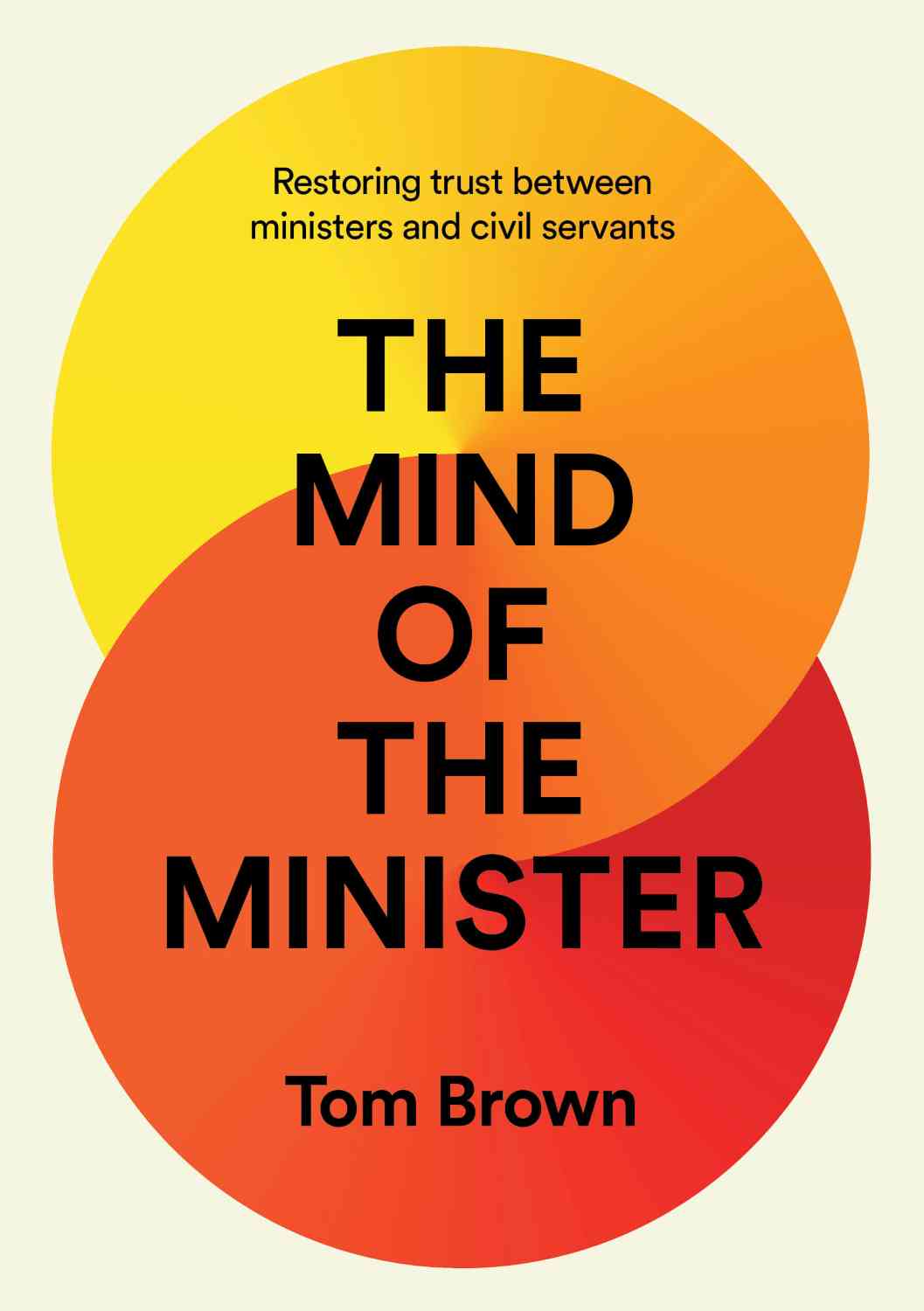'Revealing': Oliver Wright reviews 'The Mind of the Minister'
Downing Street, December 2020: then-prime minister Boris Johnson with the cabinet secretary Simon Case | Image by: PA Images / Alamy Stock Photo
4 min read
Those who aspire to hold office would do well to read Tom Brown’s unique and balanced study of the relationship between ministers and civil servants
The relationship between ministers and their senior civil servants is historically one that is much caricatured but little understood.
From Yes Minister to The Thick of It, the public have an image of what goes on behind closed doors in Whitehall which is humorous and sometimes pertinent, but largely bears little relation to everyday reality.
We also have a litany of ministerial diaries and memoirs – although these are subjective and often self-serving.
What no one attempted to do is to seriously and impartially study a relationship which is central to our system of government and critical to putting political pledges in practical policy.
Now that gap has been filled by Tom Brown, director of Dods Training at Total Politics, with his book The Mind of a Minister.
And what sets it apart is his effort to examine the relationship between both sides: speaking to both former ministers from different administrations as well the officials who served them.
The book is divided into several parts. The first traces the history of the relationship and the rules that govern it, making the astute observation that in the past differences between ministers and officials were less acute because they were largely all the products of the same system.
As Brown points out, they went to the “same schools, were members of the same social clubs, inter-married and holidayed together”.
“There was a consistency and shared experience in their upbringing, education and values,” he writes.
Both sides come across as reflective, reasonable people trying to do their best in what is inevitably a high pressure environment
That is largely not true today and the majority of the book is spent unpicking the current relationships: from building the rapport to managing the day-to-day strains of office and then dealing with the consequences of ministerial downfall.
There are some marvellous vignettes.
Clare Moriarty, who held two permanent secretary jobs, reveals that officials used to have daily meetings when a new minister was appointed to “share the intelligence about what we are learning (about them)”.
She adds: “Over time, as people have more interactions with them, it gets refined because some of the things turn out to be more nuanced and other things need to be reinforced because people didn’t quite believe them the first time, but they really are true.”
From the other side, Rory Stewart recalls in his first job at the-then Department for International Development discovering that the UK was giving £120m a year to Yemen despite having no officials on the ground there.
On questioning how the money was being well-spent, officials told him they were doing “Zoom and Skype calls with Yemenis”.
Stewart’s request to join one of these calls was not forthcoming, despite weeks of asking – because it later transpired a junior official had panicked and lied so as not to be found out by the new minister.
Yet the picture Brown paints overall through extensive interviews with both officials and ministers is, by and large, heartening as well as revealing.
Both sides come across as reflective, reasonable people trying to do their best in what is inevitably a high-pressure environment – and one where political imperatives can easily rub up against more considered policy development.
 Where the book has a weakness, perhaps, is in the choice of the politicians he has interviewed.
Where the book has a weakness, perhaps, is in the choice of the politicians he has interviewed.
David Gauke, Vince Cable, Robert Halfon, Caroline Flint and Rory Stewart all largely represent a certain strand on mainstream politics and are “reasonable” people.
It would have added to the picture to hear from voices such as Francis Maude, Dominic Cummings or Jacob Rees-Mogg who have been more critical of the civil service and might have challenged the overall narrative.
Yet The Mind of a Minister is still both readable and insightful. It is also a book which those aspiring to office in the future would be smart to peruse.
Oliver Wright is policy editor at The Times
The Mind of the Minister: Restoring trust between ministers and civil servants
By: Tom Brown
Publisher: Biteback
